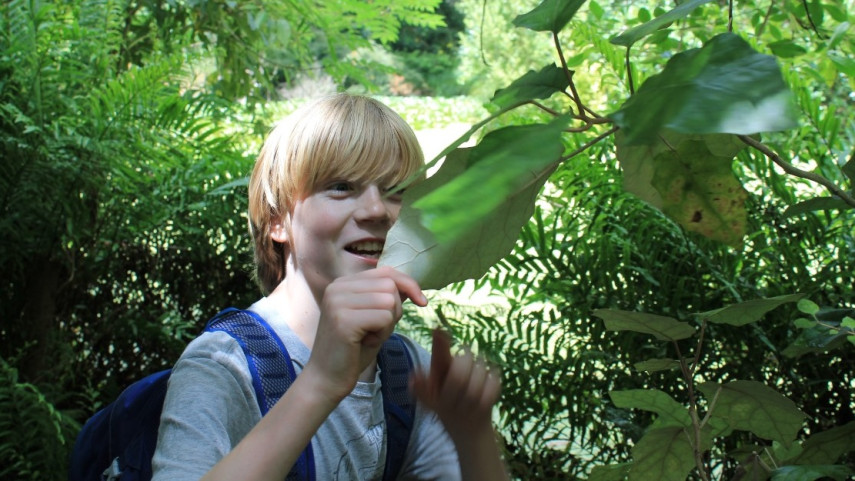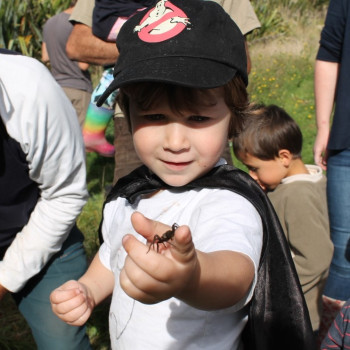
Find hidden gems in Christchurch's former red zone

Share this story
A ‘bioblitz’ in Christchurch’s Ōtākaro Avon River Corridor is hoping to uncover and document the area’s natural secrets.
The former red zone is just one of the countless areas and terrains being tackled by Christchurch City Council and scientists from around greater Christchurch to take part in the global City Nature Challenge.
The Challenge is a four-day event from April 26 for the public to photograph and record as much local biodiversity as possible on the iNaturalist NZ – Mātaki Taiao app.
The ‘bioblitz’ will involve events like guided walks with bug, bird and plant experts looking for and recording hidden wildlife which automatically upload to the City Nature Challenge database.

The City Nature Challenge is kicking off on April 26
See the full list of events here.
It will be the biggest series of events since the pandemic including traverses of city-to-sea , the Banks Peninsula tops, and around the estuary edge.
This year there is a particular focus on the Ōtākaro Avon River Corridor.
Ecologist and iNaturalist NZ Trust Chair Colin Meurk said the challenge will involve fun activities to engage people and help build knowledge about Ōtautahi, their place.
“It’s about connecting with nature, connecting with people. There are not many activities that are better for your wellbeing than being out in nature, sharing knowledge and finding lichens or little creatures you didn’t know were under your feet.”
And Colin emphasises: “Don’t just be limited by the guided bioblitzes – record anything anywhere in your backyard, by the river, day or night, wild or planted; and most of all, enjoy.”
Council Red Zone Manager Dave Little said the event is a great opportunity to connect with nature, learn about biodiversity and play a part in citizen science.
“There are lots of gaps in our knowledge of all the different kinds of plants, bugs, birds and other creatures that live in the Ōtākaro Avon River Corridor, so this is a great chance to get out there and discover first hand how diverse the area is.”
“And you never know, you might discover a new species we didn’t know was there,” Mr Little said.
